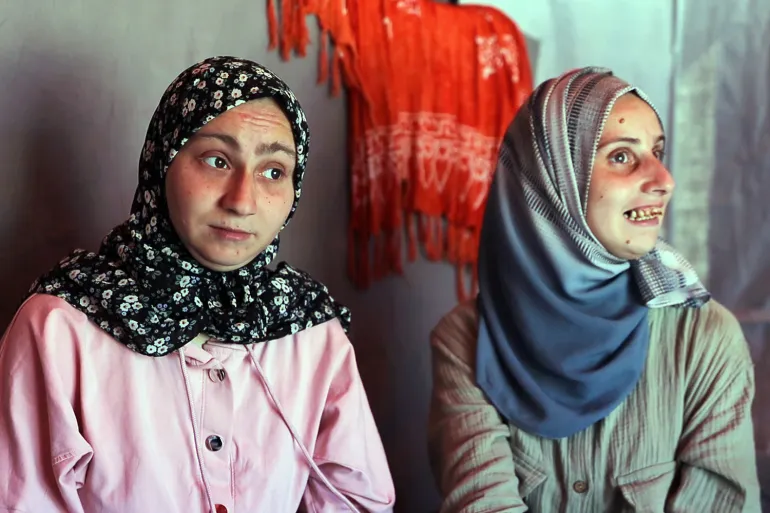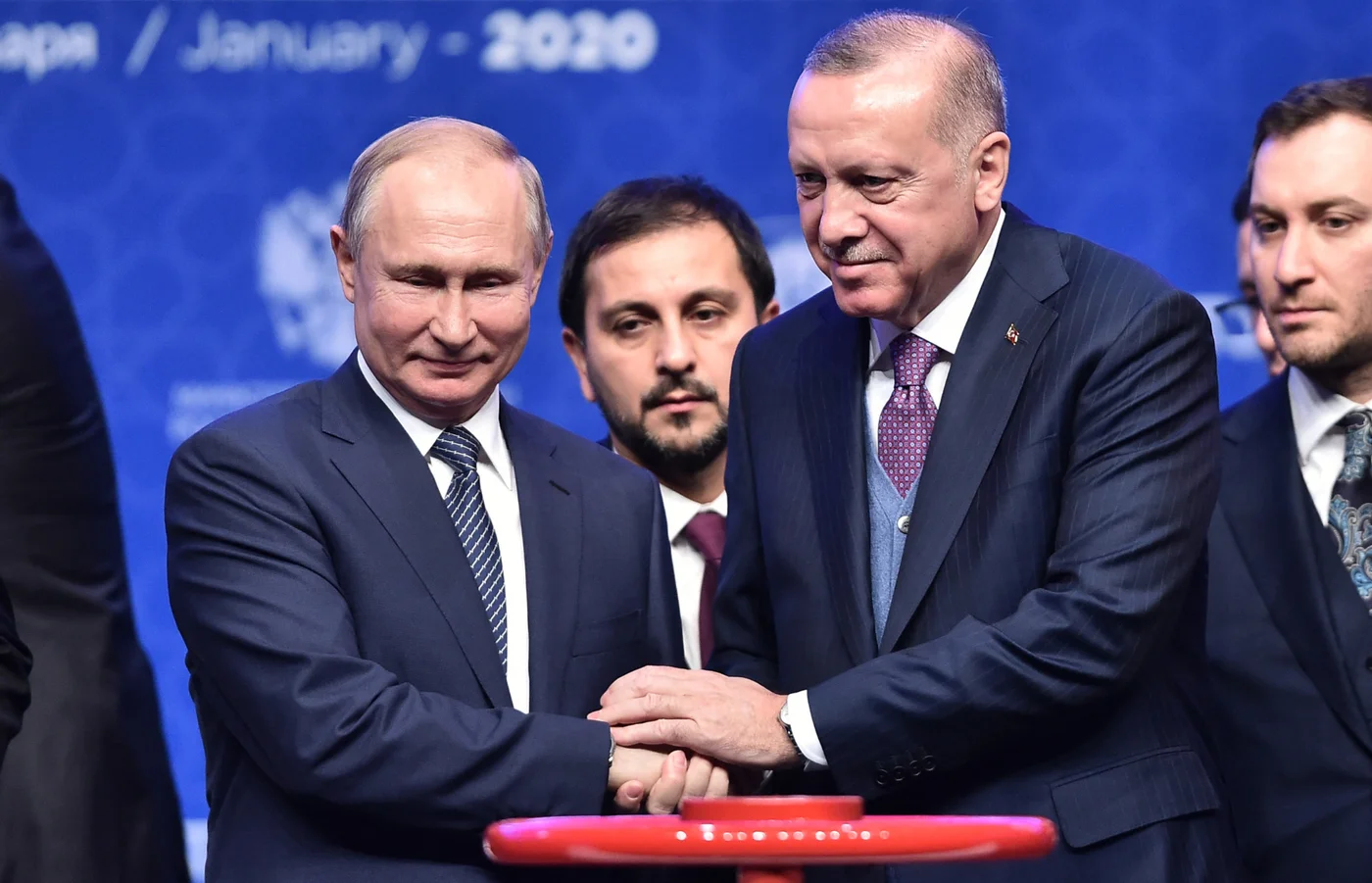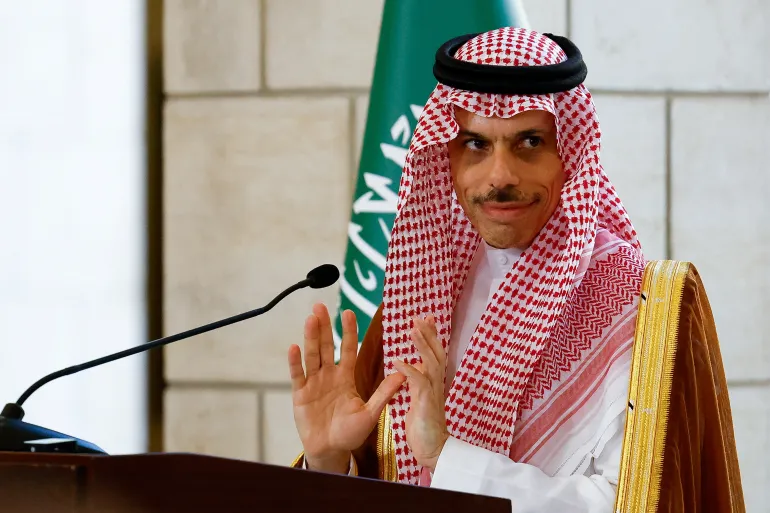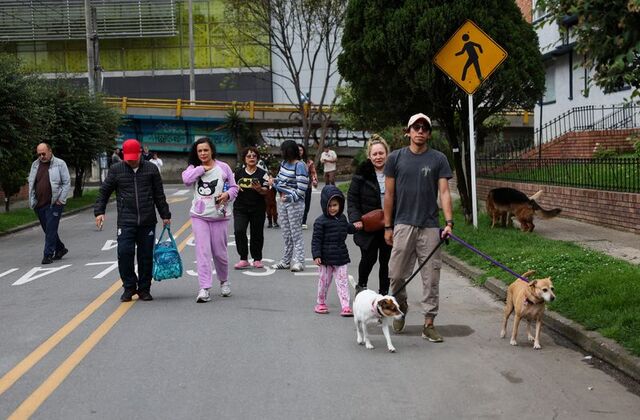In war-torn Gaza, sisters Huda and Hadeel Abu Daqqa face extraordinary hardship as Israel’s ongoing military assault deepens the humanitarian crisis. Disabled since birth, the two sisters rely entirely on family members for mobility and care — support that has been severely disrupted by bombardments, displacement, and a collapsing health system.
The Abu Daqqa family was forced to flee their home in Abasan, near Khan Younis, in southern Gaza after repeated Israeli air strikes made it uninhabitable. Like thousands of other Palestinians, they now live in cramped, temporary shelter conditions in Deir el-Balah, with little access to medical care, mobility equipment, or essential supplies. The sisters’ wheelchairs were damaged during the evacuation, and neither has received the repair or replacement support they need.
“Our situation is unbearable,” Hadeel told Al Jazeera. “We’re trapped — not just by war, but by our bodies, and now there’s no help.” Her sister Huda added, “We’ve lost everything. The war has turned our disability into a prison.”
Their mother, Sanaa Abu Daqqa, describes the toll on her family as overwhelming. Without proper sanitation, food, or shelter, caring for two disabled adults has become nearly impossible. “No one is helping. We cry every day, but no one listens,” she said. The family has been displaced multiple times since the war began, each time with fewer belongings and dwindling hope.
The war, now in its eighth month, has created unprecedented conditions for Gaza’s disabled community. The United Nations estimates that around 17% of Gaza’s population — over 350,000 people — live with disabilities. For many, the war has not only worsened their physical conditions but entirely cut them off from healthcare, rehabilitation services, and assistive devices.
Humanitarian organizations warn that people with disabilities are being disproportionately affected. The destruction of medical centers, roads, and support facilities has rendered most rehabilitation services inaccessible. International aid groups have repeatedly urged for humanitarian corridors and ceasefires to allow aid to reach the most vulnerable, but access remains heavily restricted.
Rami Abdu, chairman of Euro-Med Human Rights Monitor, said: “Gaza’s disabled population is being abandoned. This is not collateral damage — it is systematic neglect in a humanitarian catastrophe.” According to the group, there are dozens of reports of people with disabilities being left behind during evacuations, or dying due to lack of access to treatment.
Israel has defended its military campaign as necessary to dismantle Hamas, which it accuses of using civilian areas as shields. However, human rights organizations say the scale of destruction, including the flattening of entire neighborhoods, has disproportionately harmed civilians. The United Nations and other global agencies have repeatedly called for Israel to protect civilians and allow greater access for humanitarian aid.
Meanwhile, the Abu Daqqa family has little faith that help will come. With Gaza’s infrastructure in ruins, and international diplomacy failing to bring a ceasefire, their focus is simply on survival. “Every day we think we might die,” said Sanaa. “But my daughters already feel like they’ve been buried — alive and forgotten.”
The story of Huda and Hadeel is not unique. Across Gaza, thousands of families are struggling to care for loved ones with disabilities in conditions that strip them of dignity and hope. Their voices, often unheard in times of war, now cry out for visibility and support in a crisis that has left few untouched.
As bombs continue to fall and basic services collapse, disabled Palestinians like the Abu Daqqa sisters are left behind — not by choice, but by a global failure to protect the most vulnerable.
Source; Al Jazeera



